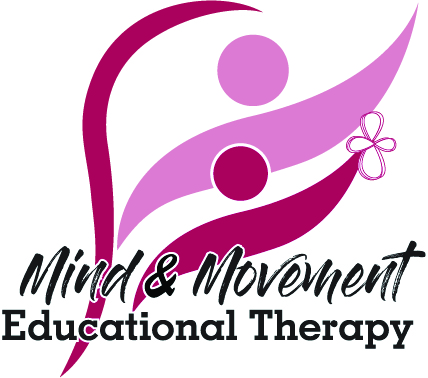Frequently Asked Questions
What is Educational Therapy?
The goal of NILD Educational Therapy® is to help students develop tools for independent learning in the classroom and in life. Read more on our Services page.
Who is a candidate for NILD Educational Therapy®?
Potential students for this program are those experiencing obvious frustration in areas of school performance. Poor spelling, illegible handwriting, inability to express thoughts verbally or in writing, and difficulty with reading and math are common indicators of a learning disability.
Learning disabilities are diagnosed through a battery of tests that measures and compares students’ potential with their actual performance. NILD educational therapists work in conjunction with qualified examiners and can assist parents in completing appropriate psychological and educational assessments. Students complete their programs when they become independent and successful in the regular classroom. This decision is based upon recommendations from the educational therapist, parents, and classroom teachers and usually takes a minimum of three years.
Strategies learned in educational therapy should enable students to remain independent and successful throughout their school years. They generally develop skills to pursue a career in the field of their choice. Learning disabilities can be addressed whenever they are identified, not just in childhood. The NILD techniques are effective regardless of age and can be adapted to all levels of functioning.
How is NILD Educational Therapy different from tutoring?
The focus of NILD Educational Therapy® is the development of clear, efficient thinking. Students are given tools to enable them to overcome specific learning weaknesses. Tutoring typically focuses on content while educational therapy builds efficient learning processes. NILD Educational Therapy® teaches students how to think rather than what to think. NILD Educational Therapy® is skill-oriented, improving basic learning skills so students can learn and retain content.
Students become better able to:
- Stay focused on the teacher’s voice
- Accurately hear and remember what the teacher is saying
- Read visual information on the board or computer screen
- Understand the main points of what the teacher is saying and decide the significant information to record
- Remember how to spell the words being recorded
- Record information legibly


Why does NILD Educational Therapy work?
Research indicates that thinking can be changed through intensive, focused intervention. Students can be trained to think for themselves rather than depending upon a teacher or parent to think for them. Language and thinking skills are interdependent so that when one skill develops the other is also strengthened.
Educational therapists are trained to develop language and thinking through effective questioning. They teach students to defend their answers and to reflect upon their thinking processes. Students transition from dependent learners to those who think and reason independently. Following NILD Educational Therapy® treatment few, if any, adjustments or modifications need to be made in the students’ academic programs. Statistical data documenting program effectiveness is available from NILD. Take a look at some of the research studies.
How can we know the program works?
Several research studies are available on the program. A dissertation has been completed with statistical data documenting program effectiveness. Our intervention is accredited by the research-based International Dyslexia Association and numerous authors and researchers in the field of educating the most vulnerable learners have seen the power of our intervention and publicly endorse our program’s effectiveness.
However, parent testimonials and success stories of students having completed the program speak for themselves. Many are achieving honour roll status and are pursuing undergraduate, graduate, and doctoral degrees.
